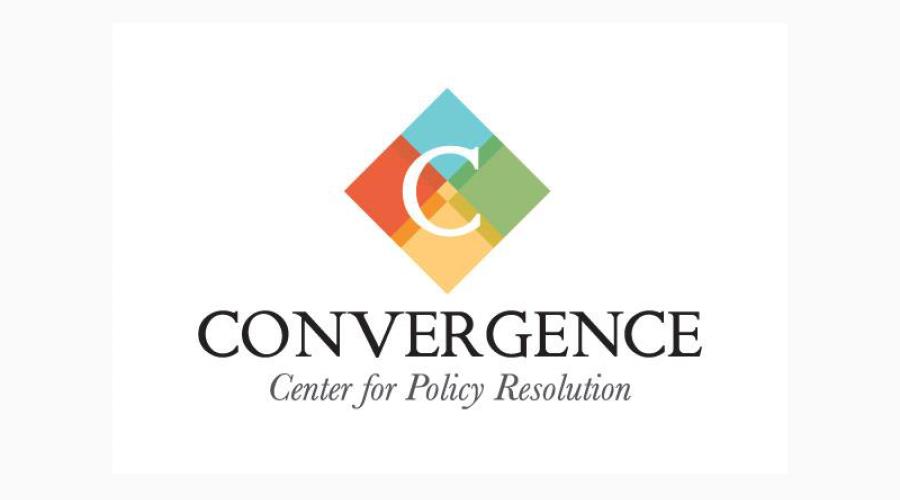
Making Way, Collaboratively
Building trust, identifying solutions, forming unlikely alliances for critical national issues – the mission of Convergence Center for Policy Resolution has its roots in the collective bargaining class Professor David Lipsky began teaching in 1969.
Two of his early students, Robert Fersh ’72 and Richard Korn ’71, Ph.D. ’79, took the lessons to heart, practicing them in their professional lives, then working together to build the Washington, D.C., non-profit center, which Fersh founded in 2009.
“This is, fundamentally, an ILR baby,” said Korn, who with Fersh and Lipsky teaches “Collaborative Decision Making and Public Policy” to ILR students every spring.
Through it, they hope to help students understand the causes of partisanship and gridlock in the policy making process, and learn to apply collaborative decision making and interest-based negotiation to public policy issues.
Fersh said, “It’s a model that focuses on building trust and developing relationships among people with different points of view on complicated national issues. Once they acquire a deeper understanding and find areas of agreement, new ideas and solutions can emerge.”
Many of the class readings and discussions are pulled from Convergence project areas:
- Building a Better Budget Process
- Education Reimagined
- Project on Nutrition and Wellness
- Successful Reintegration: A Dialogue on Incarceration and Reentry
- Working Up: A Dialogue for Action to Increase Economic Mobility
Student teams produced projects for this spring’s course in one of three areas – immigration policy reform, health care reform and gun violence reduction.
Many students have never seen anything but extreme polarization with policy decision making, so the projects provide practice in what can seem like a novel approach, said Fersh, president of Convergence, and Korn, its chairman.
“We give them a flavor of how tough these things are, but how there is a win-win if you work hard enough,” Korn said.
Education Reimagined, Convergence’s longest-running project, involves stakeholders from across the educational spectrum – everyone from school choice advocates to teachers’ unions to education technology companies. This group is working to implement a framework for K-12 education that is learner-centered, meaning education that is focused on the child and on building flexible systems that provide each child with what they need to learn best.
Marc Porter Magee, CEO and founder of 50CAN, a national advocacy group that promotes quality education, vouches for the collaborative approach urged by Convergence.
“We've been able to transcend the day-to-day fight over education and imagine a shared future,” he said.
Being part of Education Reimagined, a Convergence project, Magee said, “always reminds me of what is possible. Over the next 10 years, we will see tremendous change across the country."
Randi Weingarten ’80, president of the American Federation of Teachers, said Education Reimagined “brought together education leaders with sharply differing views to form a shared vision for the future of public education in the U.S.”
The work of Convergence manifests in many ways.
One is the Grocery Retail Scorecard, a menu of in-store changes developed by the Cornell University Food and Brand Lab as part of the Convergence Project on Nutrition and Wellness.
The scorecard helps stores promote healthier consumer food and beverage purchases. Scorecard strategies include offering fruit and vegetable samples and placing healthy items at eye level, both to increase sales.
Another is its outreach to prison wardens and correctional officers, current and formerly incarcerated persons; justice advocates; health care and behavioral health providers, legal providers and others to discuss high rates of incarceration and recidivism in the United States.
Convergence hopes to engage up to 30 people in a year-long process aimed at improving incarceration and post-incarceration programs and practices.
It will rely on the organization’s “dialogue leading to action” philosophy, covered by “The New York Times” in 2015.
In an Opinion Page piece, author David Bornstein said Convergence “has been quietly connecting people with different priorities, beliefs and political leanings to build trust and foster relationships, so they can find pathways for cooperative action. … The process requires skill to manage, but it’s not magical. Convergence has shown it can be repeated with reliable consistency.”